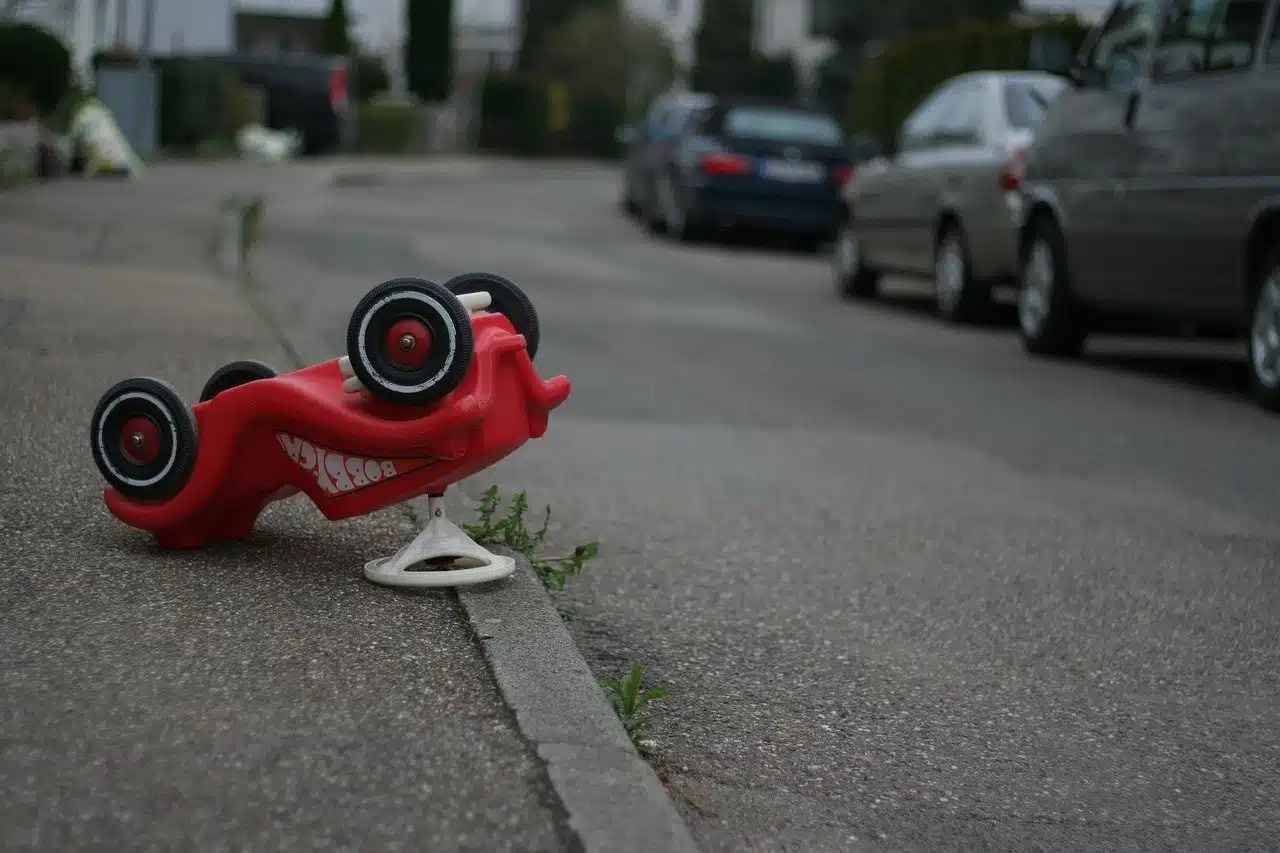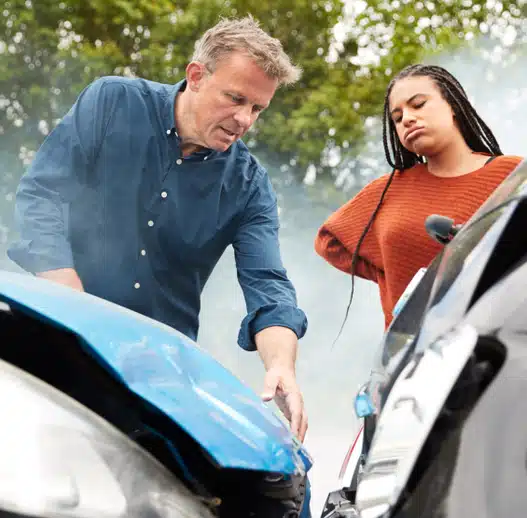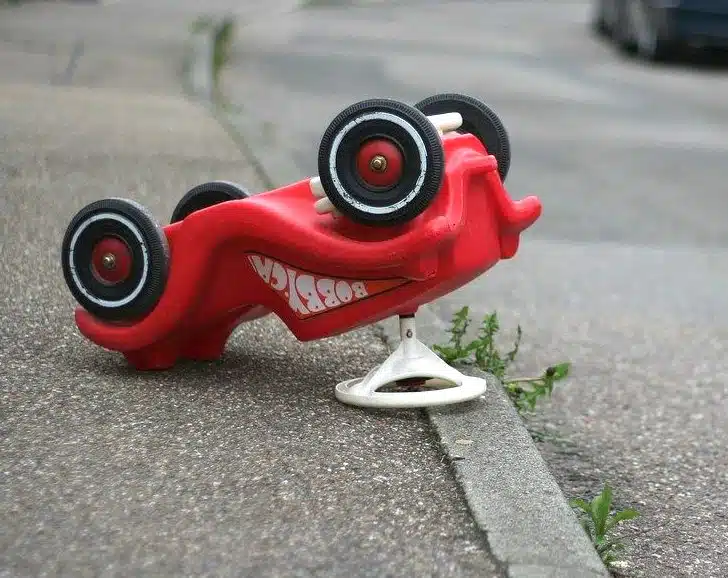Florida might be the butt of many jokes, but you can ensure you’re not part of the punchline by being aware of your legal rights.
If you or someone you love has been injured in a car accident in Florida, it’s in your best interest to know your rights.
One of the things you need to know is whether Florida is considered an ”at fault” or “no fault” state.
Read on to learn more information that might keep you out of a bind.
What Is the Difference Between At-Fault and No-Fault?
A car accident is a traumatic experience. It happens in a flash. One minute you are driving along, and the next minute you find yourself with injuries and a damaged car. Once you have had a chance to get your bearings, you will have a lot of questions running through your mind:
- Who is liable for all this damage?
- If the other driver was at fault, can I sue to recover for my injuries?
- What about my car?
The answer to these questions depends on whether you are in an “at-fault” or “no-fault” state. These terms refer to the auto insurance systems each state uses to govern liability issues in the event of a car accident. The difference between at-fault and no-fault accidents can have a direct effect on whether your insurance company will pay for damages. If your insurance policy is governed by a no-fault contract, you will be entitled to different rights and defenses than if your policy is covered by an at-fault one.
Right to Sue
At the core, the primary difference between “at fault” and “no fault” is whether the victim in the accident has the right to sue, and who will be liable to pay damages to the victim if that suit is successful. Additionally, the claim type will determine how much you might receive if you’ve been in an accident. In an at-fault state, you can sue to get the other driver’s insurance company to compensate you for your injuries. In fact, one of the reasons a number of states adopted this no-fault insurance system was to cut down on personal injury lawsuits. Other benefits of a no-fault system are supposed to include:
- Quicker payment of claims by eliminating costly and time-consuming litigation over liability.
- Lower insurance rates (because expensive non-economic damage awards)
- No subsidizing uninsured motorists (your insurer covers the cost of your medical bills)
- Lower rates mean that auto insurance is more affordable
Who Pays For Injuries?
As mentioned, the party that will pay for damages depends on if you’re subject to a no-fault or at-fault contract. If you are in a no-fault state, you will be protected by specific insurance called PIP (personal injury protection). This insurance will cover your medical bills. On the flip side, an at-fault state requires that the at-fault driver has insurance that will cover damages, liabilities, and medical bills for the victim.
Who Pays For Physical Damages?
Although there is a difference in how payment happens between no-fault and at-fault states, the line gets somewhat blurry when you start discussing who pays for car damage. Even if you live in a no-fault state, the at-fault driver will still be required to pay property damage charges To look at it another way, this means that if you are hit by another driver, the other driver will usually be the one to pay for the damages and accrued expenses (either with insurance or out-of-pocket funds). Keep in mind that no-fault coverage is a type of coverage that only applies to injuries.
Additional Differences
There are, of course, other differences between the two types, and in your research, you might come across these terms when tied to divorce, arrest and other elements. For this article, however, knowing the difference between these two policies in regards to accidents will help you immensely if you or someone you love is in a motor vehicle accident.
Is Florida a No-Fault or At-Fault State?
You might be wondering which category Florida falls into. Here’s your answer: Florida is a no-fault state. Most states are “at-fault,” but there are some exceptions, including Hawaii, Kansas, Kentucky, Massachusetts, Michigan, Minnesota, New Jersey, New York, North Dakota, Pennsylvania, and Utah. The state of Florida, however, is one of 18 states that have a “no-fault” insurance system. Regardless of who is at fault for the accident, all drivers involved have to use their own insurance to cover their own injuries. Florida, in particular, is a no-fault state because it allows the state government to reduce the number of personal injury lawsuits that individuals will file in the state courts. No-fault benefits mean that a person’s own insurance policy will cover their own medical bills up to a certain limit.
What Does No-Fault Insurance Cover?
By law, drivers in Florida are required to carry car insurance that includes what is called “personal injury protection” or PIP. PIP insurance coverage is extremely important to know about and understand, especially if you’re in a no-fault state such as Florida. PIP insurance is required in Florida. If you have valid insurance in the state of Florida you likely already have PIP coverage. Drivers must carry a minimum of $10,000 in PIP coverage. In the event of a car accident, this PIP coverage will payout for a driver’s financial losses sustained as a result of the accident. These losses could include:
- Lost wages
- Medical bills
- In-home care
- Medical devices
- Rehabilitation & therapy
PIP does not cover non-economic damages (damages that are not easy to label with a price). These include losses such as pain and suffering, loss of consortium and mental anguish. There are, however, two exceptions under Florida law that allow you to get such non-economic damages through a claim against the other driver. These exceptions are:
- If your injuries meet what the state calls a “seriousness threshold.” This is reserved for especially severe injuries such as:
- Significant and permanent loss of an important bodily function
- Permanent injury
- Disability over 90 days
- Significant and permanent scarring or disfigurement
- Death
- If your injuries qualify under these criteria, you are not limited by PIP rules regarding non-economic losses. You can go after the at-fault driver with a personal injury lawsuit and fight to get compensation for both economic and non-economic losses.
- If your injuries do not qualify as “serious” but nonetheless exceed the $10,000 PIP mandatory coverage amount, you can seek compensation from the other driver.
Vehicle damage is another loss not covered by PIP and can be included as part of a claim against the other driver. In addition to PIP, all drivers in Florida are also required to carry “Property Damage Liability” coverage (PDL) in the amount of at least $10,000. This means that if your vehicle or other property was damaged by the driver at fault for the accident, you can sue to receive compensation from that driver’s PDL insurance. There are additional requirements to access this feature such as being examined by a medical doctor within 14 days of the accident, a deductible, and more. Check your specific policy for details on your coverage. You’ll want to make sure you’re aware of all the details of your plan so that you’re not shocked by something that comes up later if you end up in an accident.
Reach Out For Legal Help
If you’ve been injured in a car or motorcycle accident, the attorneys at Bernheim Kelley, LLC offer a free consultation to help you understand your situation and offer specific advice about your case. Contact us as soon as possible and we’ll answer your questions. You need to be able to focus on your recovery and healing from your injuries. Personal injury law can be pretty complex, and it is important to have a professional on your side who can deal with the insurance companies and get you the compensation you deserve. Call us today to schedule a free consultation with our legal team. We will go over your case and make initial recommendations on the legal options available to you. The sooner we begin building your case, the sooner you can get the financial resources you need to make a full recovery and get your life back on track.





